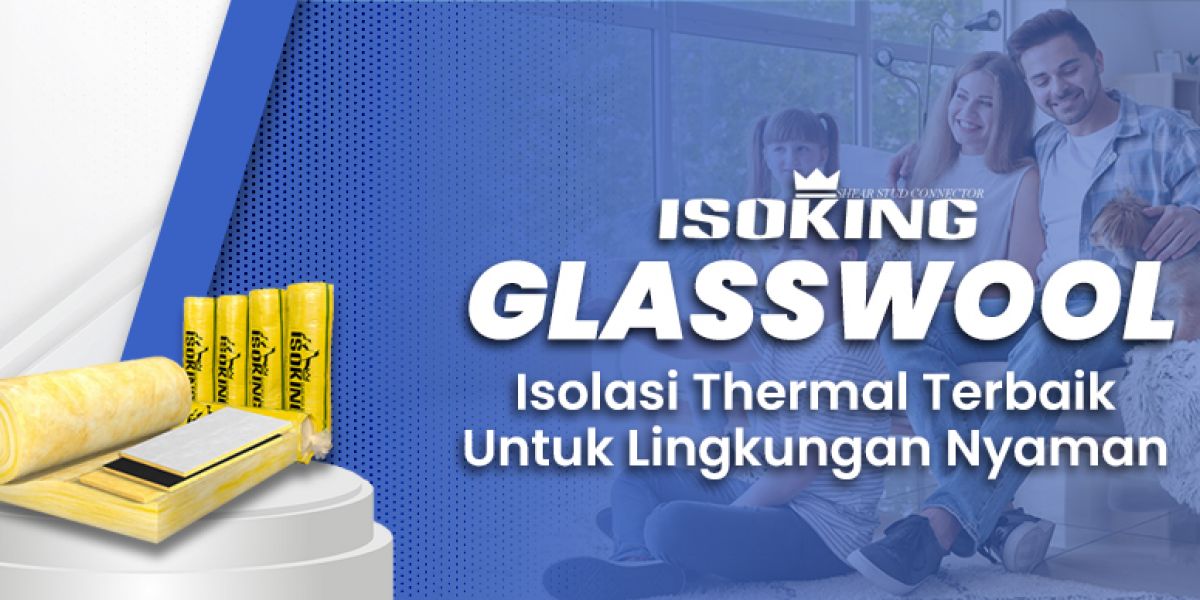THE BEST CHOICE OF SOUNDPROOFING MATERIALS FOR VARIOUS TYPES OF ROOMS
11 June 2024

When looking for the best soundproofing material, many people immediately think of soundproofing carpet. However, soundproofing is not just carpet. There are other types of sound quality that are better than dampening carpet, namely Rockwool and Glasswool
Keyword: Recommendations for the Best Sound Dampening Materials
What is the difference between the two types of soundproofing? Which one is better? To find the answer, read the following explanation until the end.
Rockwool soundproofing
Rockwool is a sound dampening material that comes from melted rock.
it has a thickness of 5cm and a high density, namely 60kg/m3, and 100kg/m3.
Rockwool also provides a variety of benefits, including fire resistance and sound absorption. Because the fibers are nonflammable and have an extreme melting point of over 2,150 degrees F, rock wool insulation acts as a fire barrier. Its fire-resistant characteristics delay the spread of fire, which can add precious minutes to escape during a fire. Rock wool insulation also repels water, resists rot and mold, including various types of bacterial growth. Because it repels water, rockwool will not weaken or sag. The content of rockwool is dense, so it can reduce air flow and sound wave transmission.
Rockwool advantages:
Suitable for various industrial needs
Has low thermal conduction power
Can be used at temperatures of 100° C to 820° C
Not flammable
Soundproof
Not rusty / moldy
Product application:
Generator room damper
Studio room silencer
Discotheque damper
Room partition
Available in the form of: Sheet, Roll, Rod
The installation position is covered by other materials so that the dust cannot be inhaled so breathing is safe. Apart from that, rockwool cannot be touched by room users so the skin remains safe and will not itch.
Glasswool Sound Dampener
If rockwool is made from melted rock, glasswool is made from melted glass and then processed into glass fiber, which is why some people call it fiberglass. The manufacturing process is the same as melting, but the thickness and density of glasswool is different from rockwool. the thickness is 2.5cm while the density is 16kg/m3.
The advantage compared to rockwool is that the size is larger because it is sold in roll form, not sold per sheet. One roll has a length of up to 30 meters, moreover
Product Advantages:
Suitable for various industrial needs
Has low thermal conduction power
Can be used at temperatures of 100°C to 820°C
Not flammable
Soundproof
Not rusty / moldy
Product application:
Generator room damper
Studio room silencer
Discotheque damper
Room partition


